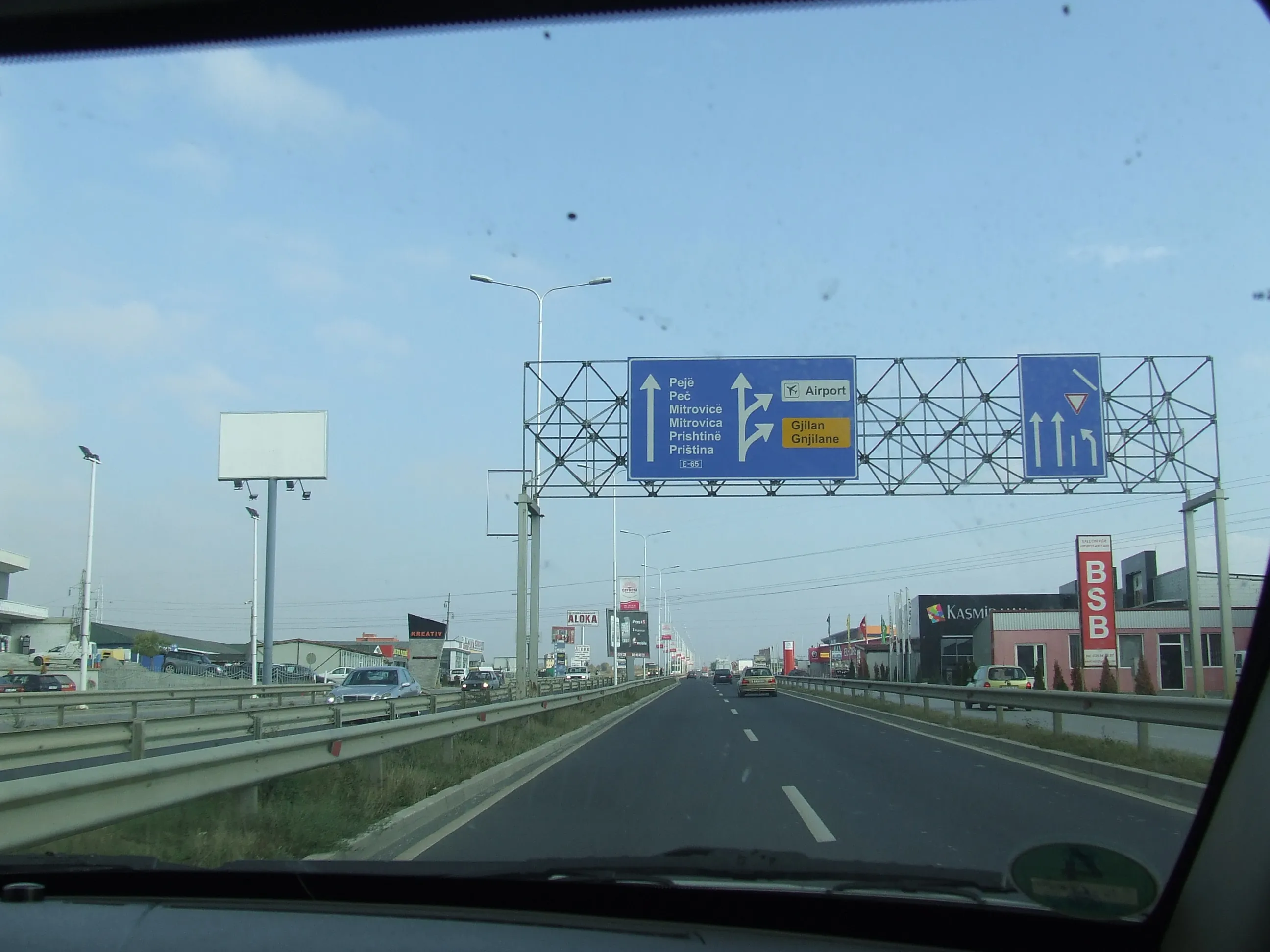Talks are underway between the Serbian Ministry of Construction, Transport and Infrastructure and two Chinese companies for construction and maintenance the two sections of the Belgrade-Pozega part of the E-763 motorway.
The two Chinese companies, Shandong Hi-Speed Group and the China Road and Bridge Corporation (CRBC), are hoping to build the 18km stretch between Surcin and Obrenovac, the 31km between Preljina and Pozega and the 103km between Obrenovac and Preljina.
No value of the work has been conf
October 22, 2014
Read time: 1 min
Talks are underway between the Serbian Ministry of Construction, Transport and Infrastructure and two Chinese companies for construction and maintenance the two sections of the Belgrade-Pozega part of the E-763 motorway.
The two Chinese companies,3034 Shandong Hi-Speed Group and the 3366 China Road and Bridge Corporation (CRBC), are hoping to build the 18km stretch between Surcin and Obrenovac, the 31km between Preljina and Pozega and the 103km between Obrenovac and Preljina.
No value of the work has been confirmed, Serbian news agency Tanjug reported.
However, %$Linker:2 Internal <?xml version="1.0" encoding="utf-16"?><dictionary /> 2 11805 0 oLinkExternal World Highways reported Visit serbia corridor 11 motorway works due to begin in march 2013 page false /sections/general/news/serbia-corridor-11-motorway-works-due-to-begin-in-march-2013/ false false %> in January last year that construction of the Belgrade-Pozega 150km road will be financed from an already-approved Chinese loan at the interest rate of 2.5%. Among the Serbian companies that will participate in the works are Hidrotehnika, Planum and Energoprojekt. Work is scheduled to be completed within three years.
The two Chinese companies,
No value of the work has been confirmed, Serbian news agency Tanjug reported.
However, %$Linker:






